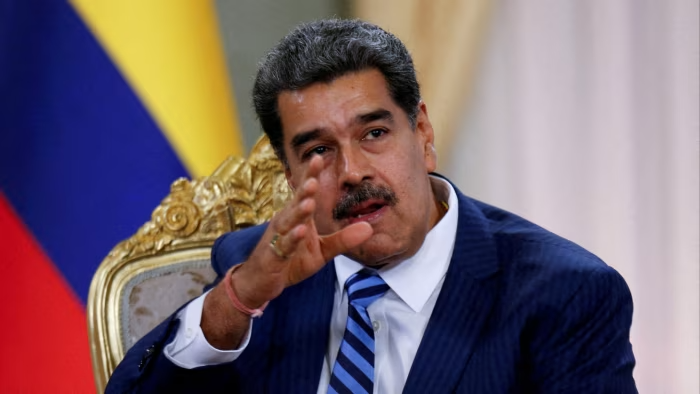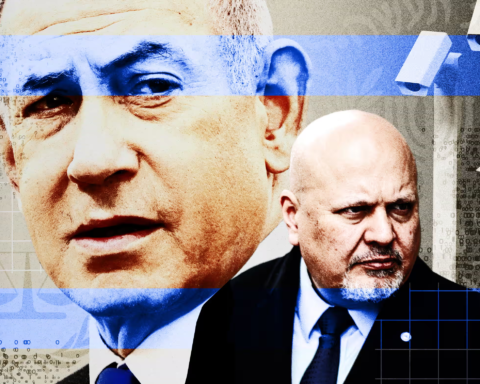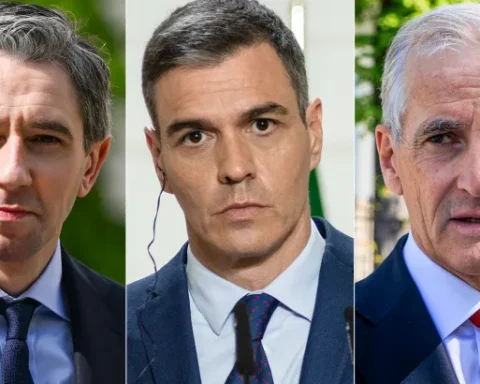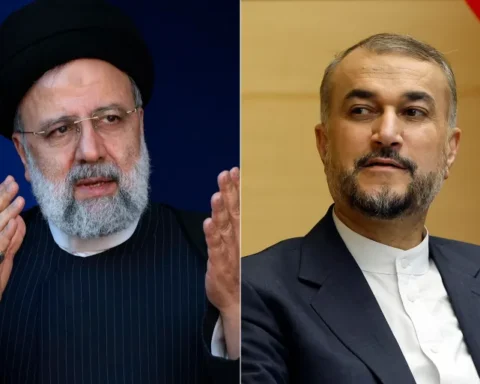The Financial Times: Trump-era “maximum pressure” sanctions had failed to dislodge Maduro and pushed his government closer to Moscow and Tehran. And the Joe Biden administration has decided to find common ground with the revolutionary socialist president to help the economy. But this is quid pro quo. America lifted sanctions on oil and gold exports for six months in exchange for the release of some political prisoners, a move toward free and fair elections and the resumption of talks between Caracas and some opposition politicians.
But U.S. Secretary of State Anthony Blinken immediately warned that if the next elections are not fair and free, Washington will withdraw its concessions. Maduro, in power for more than a decade, was quick to call the bluff on those words. The opposition primaries were won by Maria Corina Machado, a politician already banned by the government from running in elections until 2030 on spurious grounds. Maduro did not lift the ban, but instead accused her of cheating in the primaries, and a criminal investigation has begun. Maduro has little incentive to surrender power.
The Biden administration decided that by offering Caracas a big enough carrot, it could bend Maduro toward reform. However, it has refused most of its carrot. If Maduro does not change course by the end of November, the U.S. should not lift sanctions against Venezuela, despite the possible effects on the oil market and the flow of refugees. Failure to do so would seriously damage Washington’s credibility as a defender of human rights and democracy.
The entire article can be read at the link https://www.ft.com/content/e81e32a7-3783-49de-afe4-ac71283aa0f1











